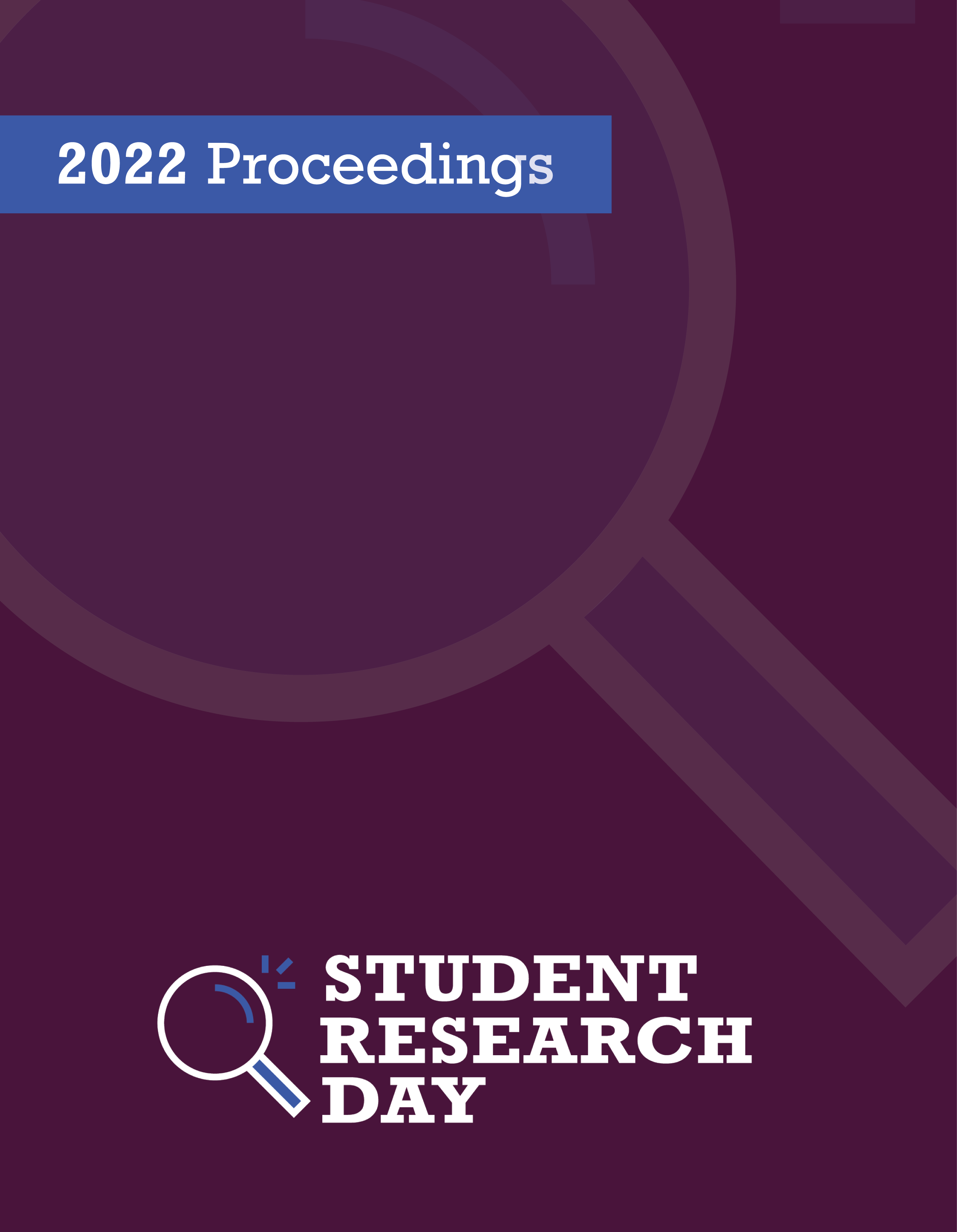How Narcissistic Admiration and Rivalry Influences Perceptions of Trustworthiness at Zero Acquaintance
Abstract
Narcissists' assertive or antagonistic characteristics may impact how they perceive others’ trustworthiness. Individuals high in narcissistic rivalry tend to maintain a hostile orientation after anticipating a threat to their self-image, which may make them less trusting. Individuals high in narcissistic admiration tend to seek social admiration through assertive self-promotion, which may make them more trusting. Here, we sought to determine if trust perceptions differ between high-rivalry and high-admiration narcissists at zero acquaintance. We also examined the variables that may mediate the association between narcissism and trust. Across three studies, participants completed narcissism questionnaires, viewed facial photos of non-criminals (i.e., Nobel Prize winners) and criminals (i.e., those charged for white-collar crimes), and rated their perceived trustworthiness by making dichotomous choices (Study 1) or using a rating scale (Study 2-3). In Study 1, participants were 62% accurate at detecting trustworthiness from photos. Although accuracy did not differ for individuals high and low in narcissism, high- admiration narcissists were more likely to indicate others were trustworthy. In Study 2, high (vs. low) rivalry narcissists perceived non-criminals as less trustworthy. In Study 3, participants rated the perceived attractiveness and dominance of targets. Attractiveness, but not dominance, mediated the association between narcissistic rivalry and distrust. Together, we found that those who are high in narcissistic rivalry distrust trustworthy individuals, possibly due to the maintenance of their antagonistic and hostile interpersonal orientation.
Department: Psychology
Faculty Mentor: Dr. Miranda Giacomin
References
Published
Issue
Section
License
Authors retain any and all existing copyright to works contributed to these proceedings.



